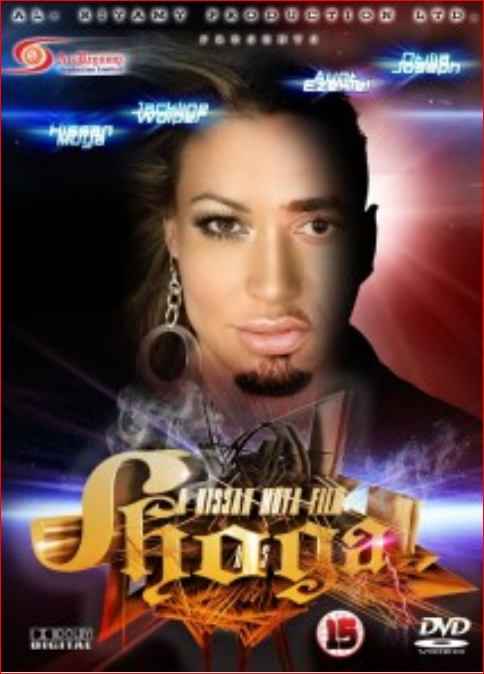What Does "Shoga" Mean?
I spent the year 1988 doing dissertation research in Tanzania. I was looking to activate four years of classroom Swahili with an immersion experience in a nation and culture where Swahili was the language of daily communication. I had also been an out gay man for almost a decade when I went to live there, and the pervasive homophobia of African culture sent me temporarily back into the closet. Swahili coastal culture, as I discovered, was different from the culture of the interior. The Swahili people -- indeed the language itself -- had evolved over centuries of intermingling between Africans and Arab colonizers who had established outposts and cities on the East Coast of the continent. Consequently the Swahili people, particularly in precolonial times, possessed a cosmopolitan culture that encompassed a greater knowledge of the world and its variety than the mainland tribes upon whom they often preyed as slave-traders.
In fact, about 30% of Swahili vocabulary is derived from Arabic, including the word shoga, which was used as a term of endearment between women. But shoga also had a secondary meaning, acknowledged even by the Victorian Standard Swahili-English Dictionary published by the Inter-Territorial Language Committee for the East African Dependencies in 1939. Shoga's secondary meanings are "(2) a catamite; (3) an impotent male person who associates with women, often as a servant." When I tell people shoga is Swahili for faggot, that is a flip approximation that occludes the richness and nuance of Swahili culture. I saw shogas -- men who dressed and walked as women -- in Lamu and Mombasa, but I never spoke to them. This was an indigenous style of homosexuality that partook of no Western influence and was somewhat intimidating to me for that very reason. (And, of course, I was back in the closet. I wasn't attracted to effeminate men, anyway.)
The Swahili language has moved on in a big way since 1988, and perhaps shoga does mean faggot now. The online translation site bab.la only defines shoga as "gay" or "lesbian." (Actually, lesbianism has its own terms, sagana, which means "to grind against one another.") And I ran across the poster pictured at the top for a home-grown video by what appears to be an East African counterpart to Nollywood.
So what does shoga mean? Let's say it means "queer," as in non-normative. I think even Swahili speakers would agree with that.
Recent Posts
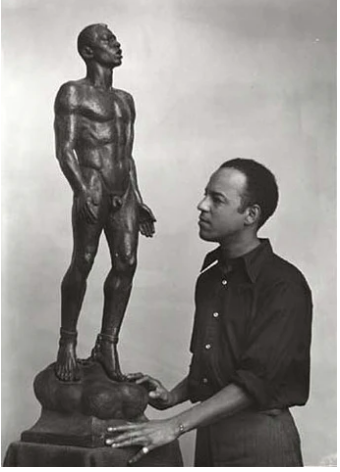
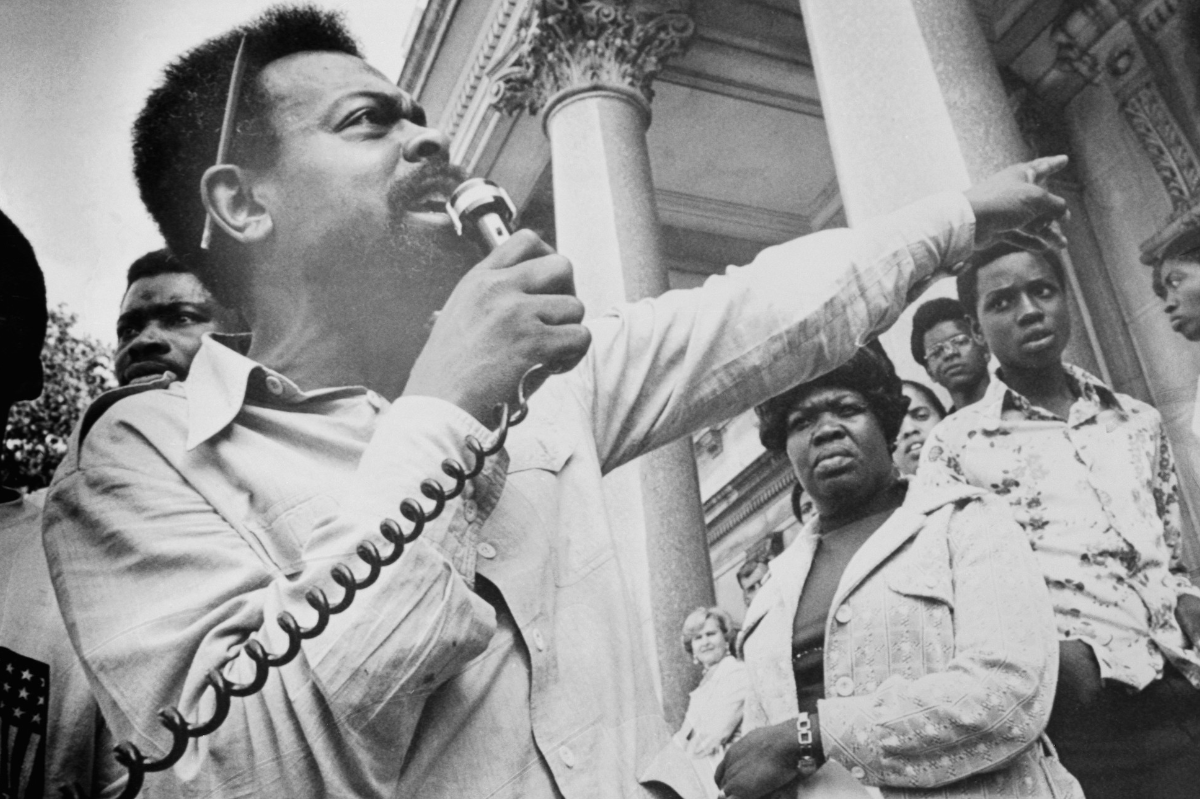
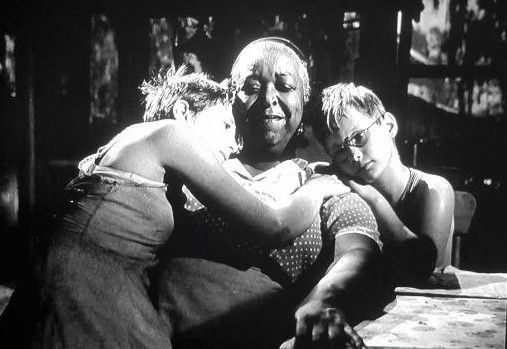
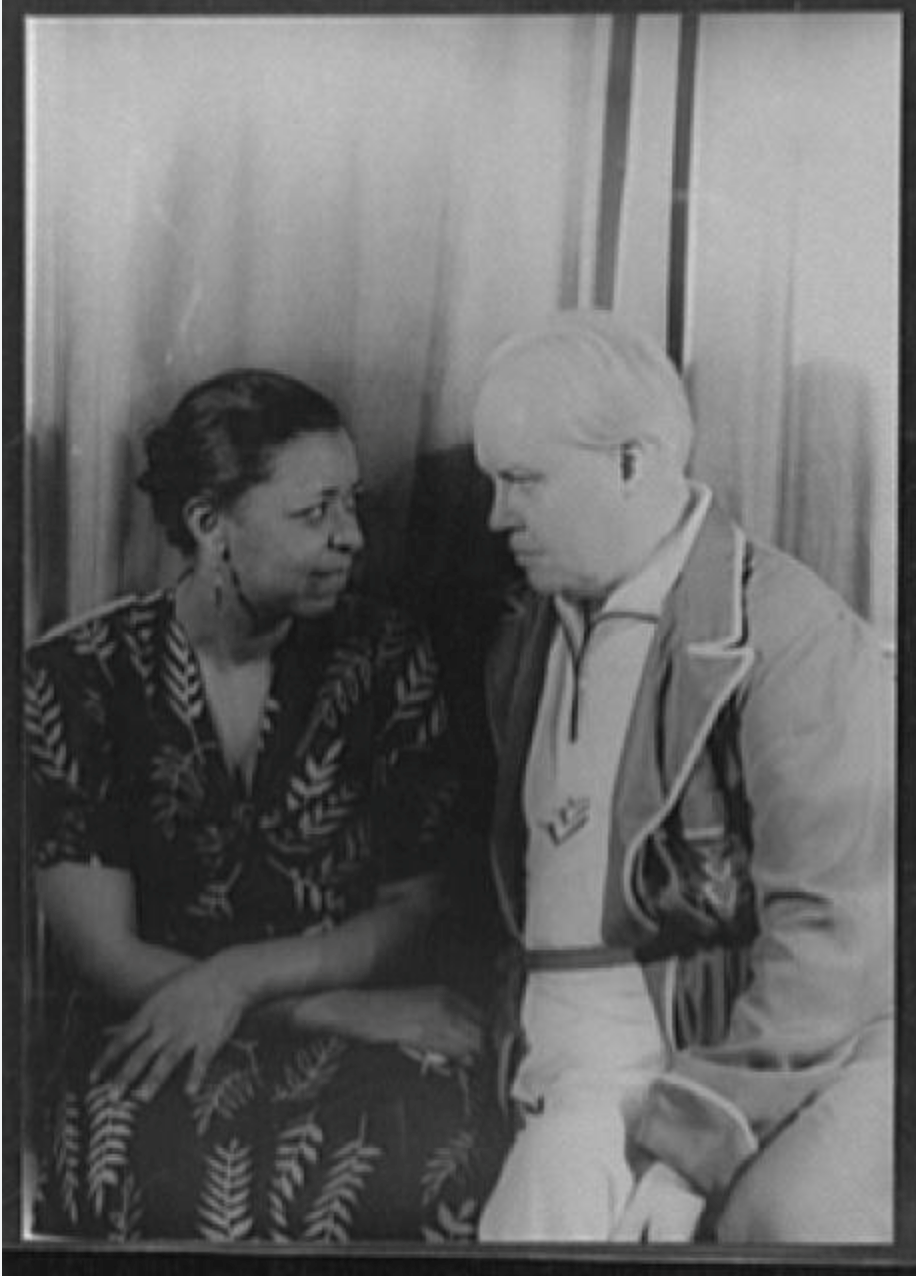
SHOGA FILMS is a 501(c) (3) non-profit production and education company. We create multimedia works around race and sexuality that are intended to raise awareness and foster critical discussion.
Contact Us
All Rights Reserved | Shoga Films
Stay Connected
Thanks for subscribing!
Please try again later.


